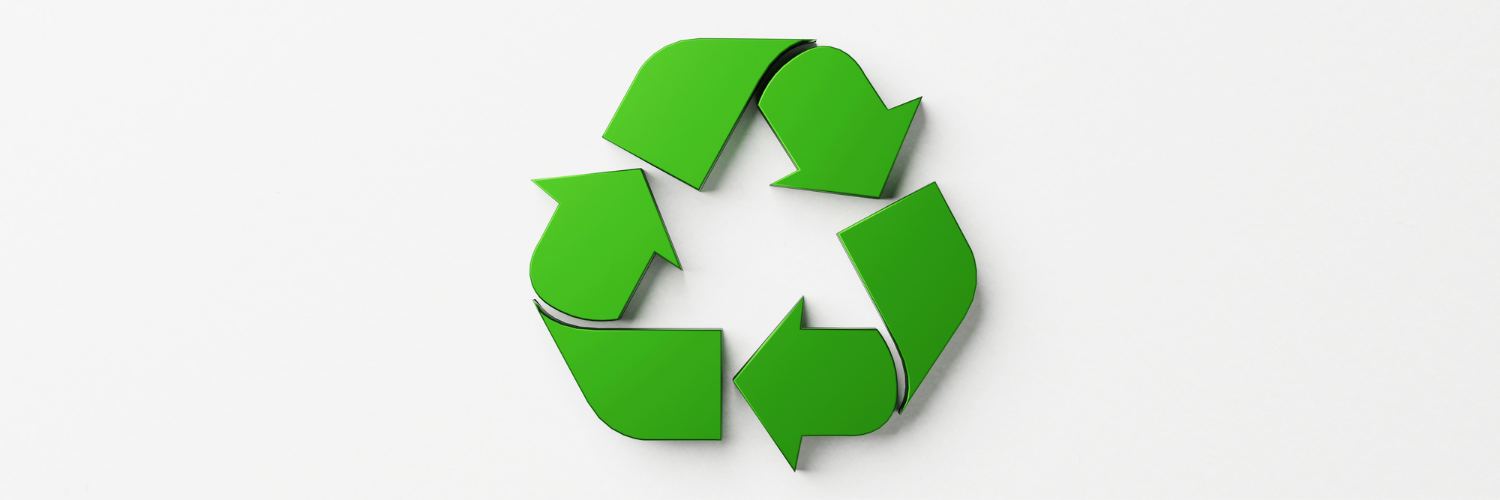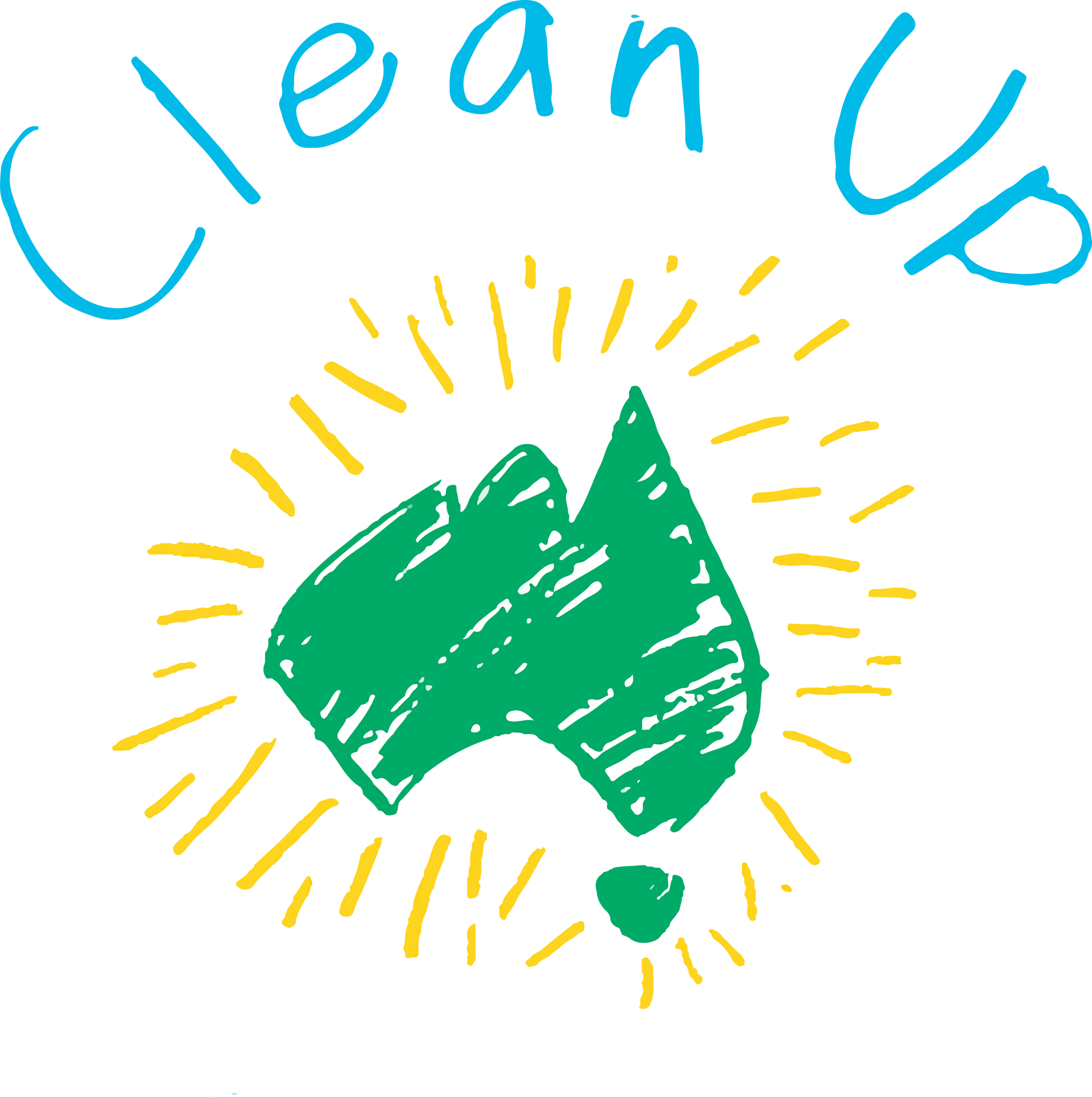Clean Up Australia switches to reusable bags made from 100% recycled content
Clean Up Australia Day 2024 is just around the corner – and we’ve got a new look, and new bags!

While you’re busy preparing for end-of-year festivities, we’ve got our sights set a little further – bring on Clean Up Australia Day 2024 on Sunday, 3rd of March! Here at Clean Up Australia head office, we are super excited about our fresh new look – evoking the freshness of summer, and the freshness of our cities and nature after the big day when thousands of volunteers have been out there, picking up litter.
But we’ve got more news in the lead up to the big day: We’ve switched from compostable bags to reusable bags made from 100% recycled content. We’re really excited about the new litter bags, and think you will be too – here’s why:
NO EXCUSE FOR SINGLE USE
Our community told us they wanted bags that could be used and reused. Our compostable bags weren’t robust enough for washing and reusing, so we’ve made the switch. Switching to reusables is a critical way of eliminating litter and reducing waste in landfills. The UN 'Turning Off the Tap'
roadmap lists reuse as its first key action. It states that reuse options – such as bottles and packaging – could reduce 30% of plastic pollution by 2040.
RECYCLED WASTE IS AN INCREDIBLY VALUABLE RESOURCE
From roads and infrastructure to sunglasses and home furnishings, there are hundreds of products that can be created from recycled materials – including bags to collect litter! Using recycled content bags means we are extending the life of resources already in use, reducing the need to extract new ones from our precious planet.
WE NEED TO CREATE DEMAND FOR RECYCLED PRODUCTS
Developing end markets for recycled plastics is essential. There is no point collecting materials to be recycled if there is nowhere for it to go. The recycling process actually ends when something re-enters the market as a recycled-content product and someone buys it. That’s why we say: The true recycler buys and uses recycled material! Like our bags.
COMPOSTABLE PLASTICS NEED TO BE INDUSTRIALLY COMPOSTED
Compostable plastic bags can’t be recycled like other plastics. In fact, if they’re labelled “certified compostable” they can’t be composted at home either – they need to go to a commercial composting or organics recycling facility, which is difficult to achieve when they’re filled with litter after a Clean Up.
COMPOSTABLE PLASTICS CAN NOT GO IN ALL FOGO BINS
Many food organics and garden organics (FOGO) collections are no longer accepting compostable plastics. The NSW Environment Protection Authority (EPA) recently clarified its guidelines around what was allowed in FOGO bins, banning items including “compostable or biodegradable plastic products or bags” since they’re leaving trace elements of plastic behind, which physically contaminates compost. The only FOGO collections taking compostable bags are currently South Australia and some councils in Hobart. Without widely available pathways to compost or process “compostable plastics”, they usually end up in landfill anyway.
COMPOSTABLE BAGS CREATE METHANE IN LANDFILL
In landfill, compostable plastics can take more than a century to break down – but they also emit methane, a potent greenhouse gas that contributes significantly to global warming. In fact, methane gas emitted from landfill is a major contributor to climate change. A U.N. report published in 2021 found that immediate reductions in methane emissions is the strongest lever we have to slow climate change. While compostable plastics release methane in landfill, in contrast, conventional plastics remain inert.
IN CONCLUSION
We’re super excited about our 100% recycled plastic bags, to replace the compostable bags we were using before. We’re encouraging you to reuse the bags, where possible. But when they do go to landfill, they won’t release methane. And being recycled, they’ve saved heaps of plastic from landfill in the first place.
Get ready for your Clean Up with the new bags! And let us know what you think.
Search for other blog topics:


